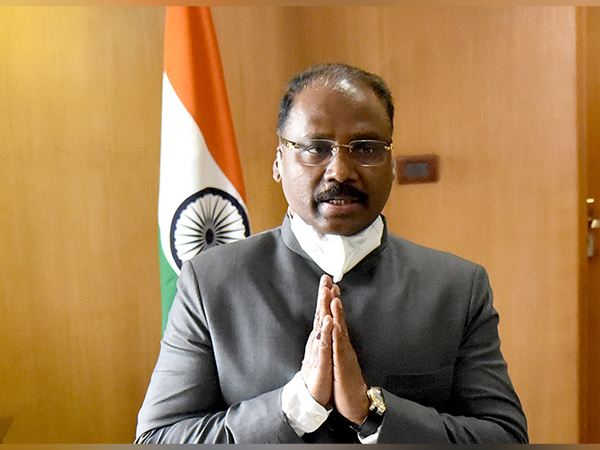CAG wants Rajasthan govt not to abandon treasury system of accounting
We hope that no such thing happens without proper consultation, Murmu told PTI in an interview.Observing that the treasury system of accounting is well established in the country, the CAG said, any change will disrupt account preparation, authentication and transfer of funds by the central government.On the possibility of auditing accounts of private companies, Murmu said that CAG conducts audits of only public sector undertakings and corporations.The private sector entities come indirectly wherever there is a joint venture or some PPPs Public Private Partnership are there.

- Country:
- India
Comptroller and Auditor General (CAG) Girish Chandra Murmu on Wednesday expressed hope that the Rajasthan government will not do away with the well-established treasury system of accounting as changes can disrupt the preparation and authentication of accounts and also the transfer of funds by the Centre to the state.
Moreover, he added, as per the provisions of the Constitution, the accounting format can only be prescribed by the President in consultation with the CAG.
The Rajasthan government has been contemplating dispensing with the current treasury system of accounting and introducing a Pay and Accounts Office independently.
''Accounting standards and accounting format, as per the Constitution, is to be prescribed by the President of India in consultation with the CAG...I think the state government will take note of this constitutional provision. We hope that no such thing happens without proper consultation,'' Murmu told PTI in an interview.
Observing that the treasury system of accounting is well established in the country, the CAG said, any change will disrupt account preparation, authentication and transfer of funds by the central government.
On the possibility of auditing accounts of private companies, Murmu said that CAG conducts audits of only public sector undertakings and corporations.
''The private sector entities come indirectly wherever there is a joint venture or some PPPs (Public Private Partnership) are there. We see that PPP terms and conditions ...kinds of contractual obligations and how they are performing. To that extent, we do the audit.
''We don't go into commercial audits of their balance sheet and that kind of thing. We don't do that. That is beyond our purview,'' he said.
On the use of the latest technology for speeding up audits, Murmu said that CAG has been focusing on the usage of information technology tools like data analytics, machine learning and artificial intelligence to come out with audit reports in less time.
''As far as emerging technologies like data analytics and machine learning are concerned, we are experimenting or using some space and some audits. Also, we are trying to integrate artificial intelligence,'' he said.
The CAG, he added, has also been trying to address challenges with regard to capacity building to expedite the integration of new information technology tools in the auditing process.
On the technology front, Murmu said, ''At CAG, we are developing one solution for the online digital audit that is One Audit Office One System''.
CAG comes out with different kinds of audit reports, he said, adding the financial reports are brought out annually, while the performance audit reports take time, depending upon the extent and scope of the particular scheme, programme or project.
''If it is very heavy, it requires a lot of evidence collection and a lot of field visits...So it takes time,'' he said, stressing that these kinds of mid-term reviews help the government or the executives to see the problem areas that are required to be fixed.
Referring to the green initiatives of the CAG, Murmu said it tracks the developments on the environmental front.
Green audit, he said, covers environmental audit, non-renewable energy audit, coastal zone audit and mineral resources audit.
(This story has not been edited by Devdiscourse staff and is auto-generated from a syndicated feed.)
- READ MORE ON:
- Constitution
- Murmu
- Chandra Murmu
- India
- Rajasthan
- Comptroller and Auditor General
ALSO READ
Tamil Nadu's Call for Tamil Rights Amidst Sri Lankan Constitutional Changes
Alleged Constitution Defacer Found Dead: Tragic End in Parbhani
Celebrating Unity and Tradition: President Murmu's Festive Greetings
Operation Sindoor Spurs Pakistan's Constitutional Overhaul
Language Crossfire: Karnataka's Constitutional Fight Against Kerala's Bill










